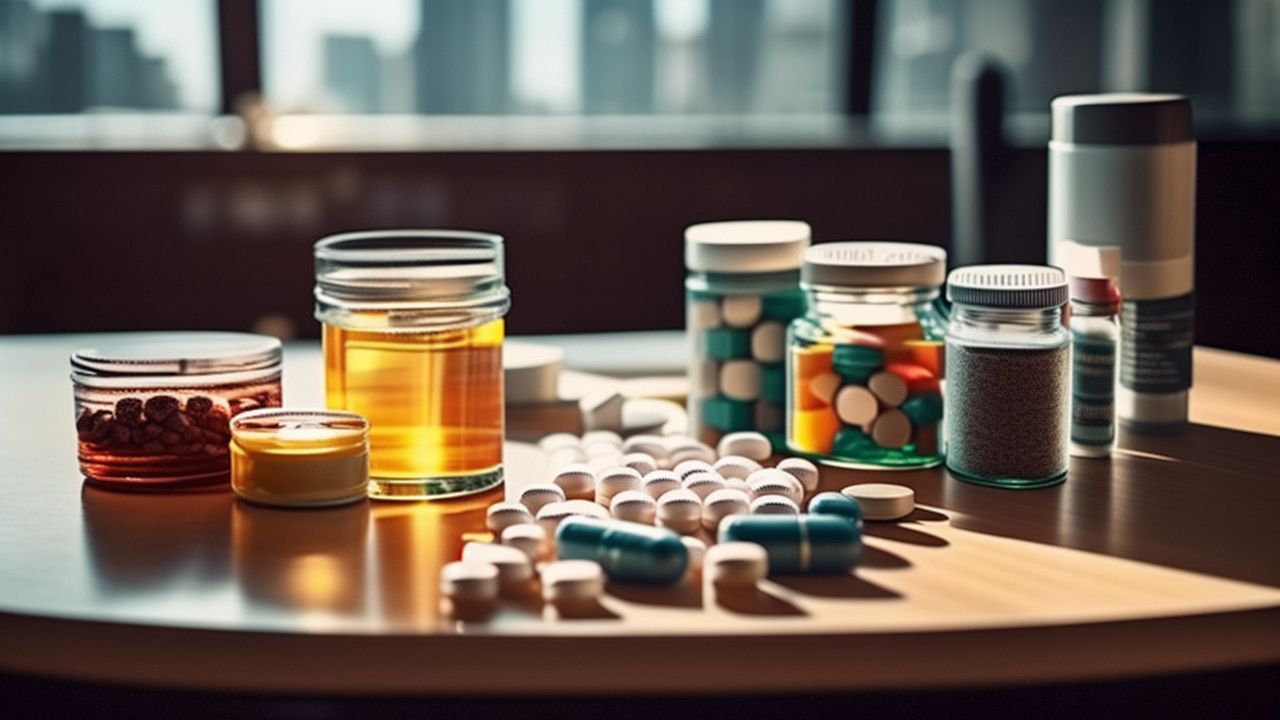Diet therapy for hyperlipidemia
Diet therapy for hyperlipidemia
Diet therapy is the foundation of various hyperlipidemia treatments, especially for patients with primary hyperlipidemia, and should be the first choice for treatment. Even when drugs are used for lipid lowering therapy, diet therapy should still be combined. Diet therapy not only reduces serum cholesterol by 2%-8%, but also makes lipid-lowering drugs more effective. It also has multiple functions such as improving glucose tolerance, restoring insulin function, and reducing body weight in obese people. A reasonable diet should be based on maintaining good health and maintaining constant body weight.

An increase in saturated fatty acid content can significantly elevate total cholesterol levels. Saturated fatty acids are mainly found in foods such as meat, eggs, and dairy fats, which also contain high levels of cholesterol. Patients should not consume more than 300mg of cholesterol daily (equivalent to the cholesterol content of 1 egg), and if they have coronary heart disease or other atherosclerosis, they should reduce their daily cholesterol intake to 200mg. Animal offal (liver, kidney, stomach, brain, etc.), skin, lamb fat, beef fat, pork fat (fatty meat), eggs (mainly yolks), and seafood such as squid, ten-shell, yellow croaker, crab roe contain a lot of cholesterol and should be restricted as necessary.
If patients consume more than 75g of meat daily, more than 4 eggs per week, or fried foods 5-7 times per week, it should be considered an unreasonable diet.
Patients should make grain-based foods their staple, with a combination of coarse and fine grains. Nutritionists recommend corn, oats, legumes, freshwater fish, vegetable oils, and green plants with a high content of plant fiber, such as vegetables and fruits (apples, bananas, etc.), which contain less cholesterol. Patients should be encouraged to eat more of these foods. Of course, patients must also strictly control their weight, ensuring that the total calories obtained from food daily can maintain their ideal weight.
Drinking may increase high-density lipoprotein in blood and enhance the risk of high cholesterol. It is appropriate for drinkers to consume no more than 20g of alcohol per day, with wine being more suitable. However, intake should be strictly controlled. Those with hypertension, diabetes, and liver and gallbladder diseases should avoid alcohol. Drinking is harmful to those with increased triglycerides, as alcohol not only provides high calories but also increases triglyceride synthesis in the body. Therefore, experts generally advocate limiting or abstaining from alcohol in terms of preventing and treating cardiovascular diseases.
The tea pigments contained in tea can reduce blood total cholesterol, prevent atherosclerosis and thrombus formation, with green tea being better than black tea. As for whether coffee is beneficial for blood lipid metabolism, there is still no consensus. Vitamin C and E can lower blood lipids and regulate lipid metabolism. They are abundant in dark or green plants (vegetables, fruits) and legumes, which is also an important reason why these plants are recommended. As for the quantity and types of food for each individual, it is necessary to consider specific circumstances and seek guidance and selection from a physician.




